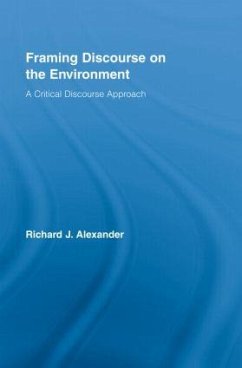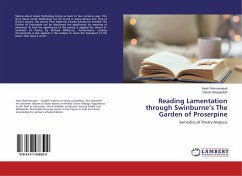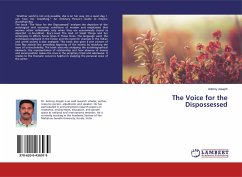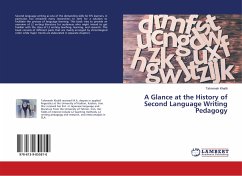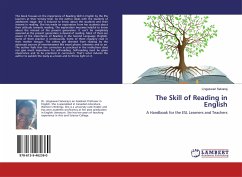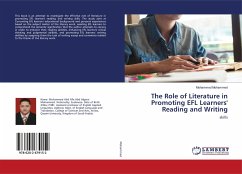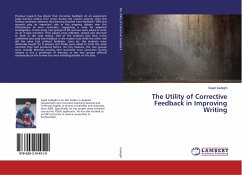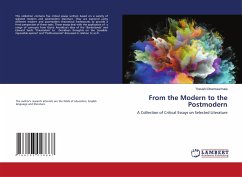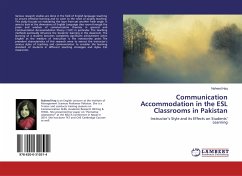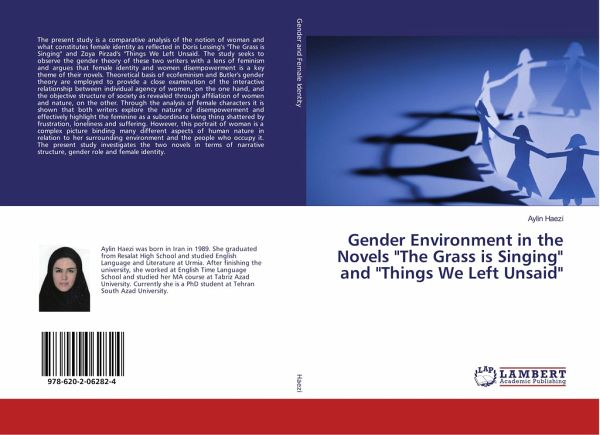
Gender Environment in the Novels "The Grass is Singing" and "Things We Left Unsaid"
Versandkostenfrei!
Versandfertig in 1-2 Wochen
33,99 €
inkl. MwSt.

PAYBACK Punkte
17 °P sammeln!
The present study is a comparative analysis of the notion of woman and what constitutes female identity as reflected in Doris Lessing's "The Grass is Singing" and Zoya Pirzad's "Things We Left Unsaid. The study seeks to observe the gender theory of these two writers with a lens of feminism and argues that female identity and women disempowerment is a key theme of their novels. Theoretical basis of ecofeminism and Butler's gender theory are employed to provide a close examination of the interactive relationship between individual agency of women, on the one hand, and the objective structure of ...
The present study is a comparative analysis of the notion of woman and what constitutes female identity as reflected in Doris Lessing's "The Grass is Singing" and Zoya Pirzad's "Things We Left Unsaid. The study seeks to observe the gender theory of these two writers with a lens of feminism and argues that female identity and women disempowerment is a key theme of their novels. Theoretical basis of ecofeminism and Butler's gender theory are employed to provide a close examination of the interactive relationship between individual agency of women, on the one hand, and the objective structure of society as revealed through affiliation of women and nature, on the other. Through the analysis of female characters it is shown that both writers explore the nature of disempowerment and effectively highlight the feminine as a subordinate living thing shattered by frustration, loneliness and suffering. However, this portrait of woman is a complex picture binding many different aspects of human nature in relation to her surrounding environment and the people who occupy it. The present study investigates the two novels in terms of narrative structure, gender role and female identity.



